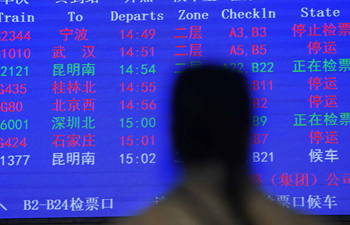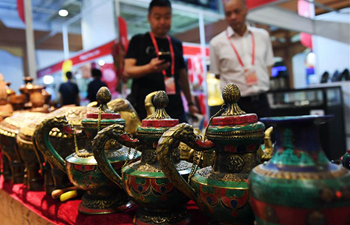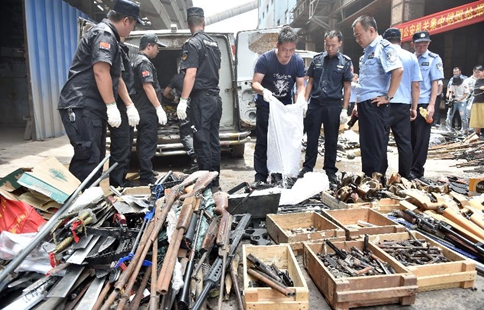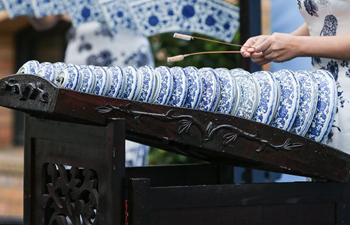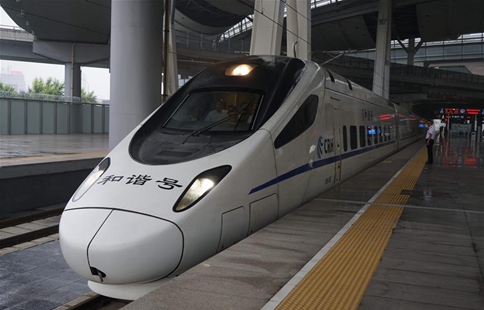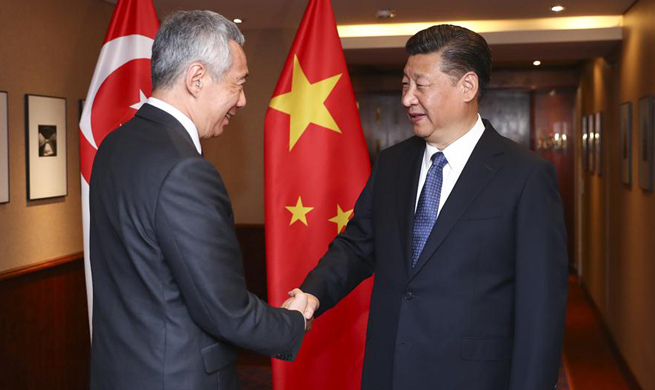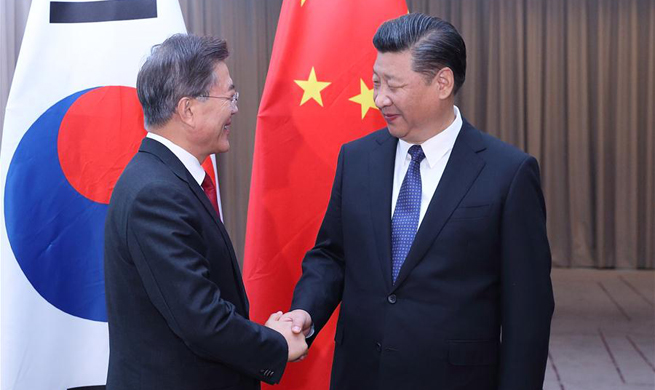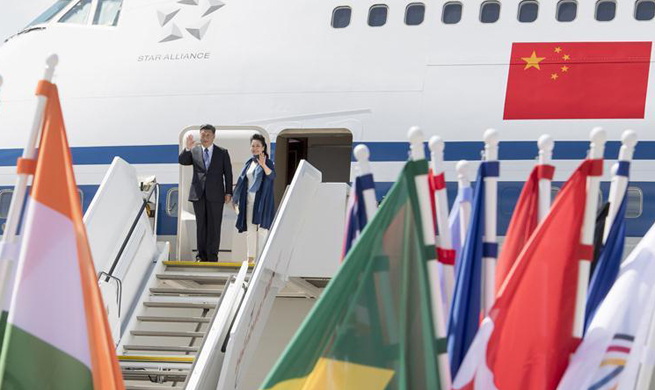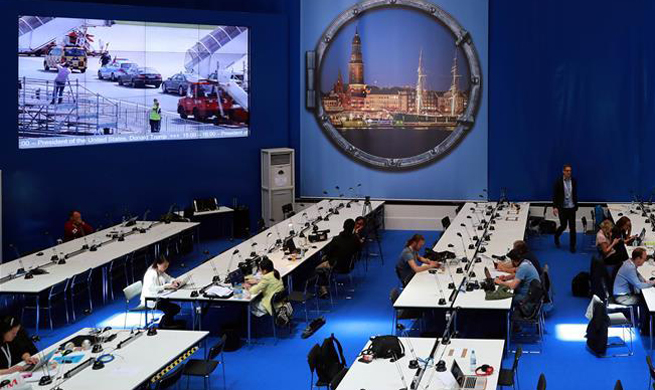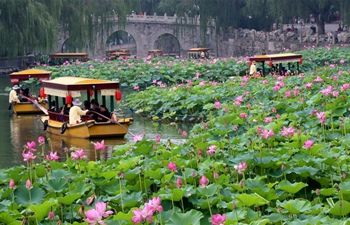by Xinhua writer Liu Chang
BEIJING, July 7 (Xinhua) -- The Group of 20 (G20) was once a supplement to the Group of Seven, an exclusive club of wealthy nations calling the shots in the international arena.
That changed after the global financial crisis broke out in 2008. Now the more representative G20 has turned into a premier platform for world economic governance.
The evolution of the 20-party mechanism speaks volumes. Among others, it indicates that the West-dominated world order that has existed for more than 200 years needs to be renovated.
When the Cold War ended, many political and business elites in the West touted their political and economic institutions, a combination of democracy and free market, as the ultimate form of governance, or, in the words of U.S. political scientist Francis Fukuyama, "the end of history."
Yet the so-called "liberal world order" is in trouble now. In Europe, Brexit, the rise of ultra-right political groups and the increasingly frequent terrorist attacks are clouding the continent's further integration.
Across the Atlantic, Washington's backpedaling on climate change and free trade and its troubled relations with Europe and Russia, along with many other factors, have prompted many to question the role of the United States on the world stage.
Yet the worry of the West goes wilder. Many in Europe and the United States have been nervous about China's increasing national strength and rising international status. They label China as a "potential usurper" bent on upending the current world order.
Such thinking stems from, among others, an antiquated mindset that centers on geostrategic rivalry as well as reluctance to surrender the prerogatives to which the West has been so accustomed.
In the 1980s, they jittered about Japan's fast economic expansion, and hyped up a theory that the country had a secret plan to take over the United States.
Now it would not be surprising for the West to view China, a country with a different political and economic system, as an ever bigger challenge or even a threat.
That anxiety is unfounded, however, not least because it is rooted in a misreading of China's intention and detached from reality. The Asian country's economic success over the past 30-plus years has a great deal to do with its integration into the world. Pulling the current world order down is not in line with its interests.
Yet that does not mean that the existing West-dominated world order should stay on as it is. One major problem is that it tends to care more about the West's own interests than the common interests of others.
The U.S. deployment of the THAAD anti-missile system in South Korea, which seriously undermines the strategic security interests of China, Russia and other countries in the region, suffices to illustrate the West's arrogant political tribalism.
Another major problem is that the current world order fails to reflect the developing countries' legitimate rights to development and modernization.
It is now a growing international consensus that the global governance system needs to be improved in order to serve not just the rich world but the whole globe.
To that end, China has proposed to build "a community of shared future" and launched a series of concrete efforts to materialize that vision, headlined by the Belt and Road Initiative.
Beijing believes in building bridges. China has been building highways, railroads and ports connecting different parts of the world to help release the potential for stronger and common development for the benefit of all.
The West should embrace the much-needed reforms and not cling to the past so as to avoid becoming the buriers of the good old system they cherished so much.





